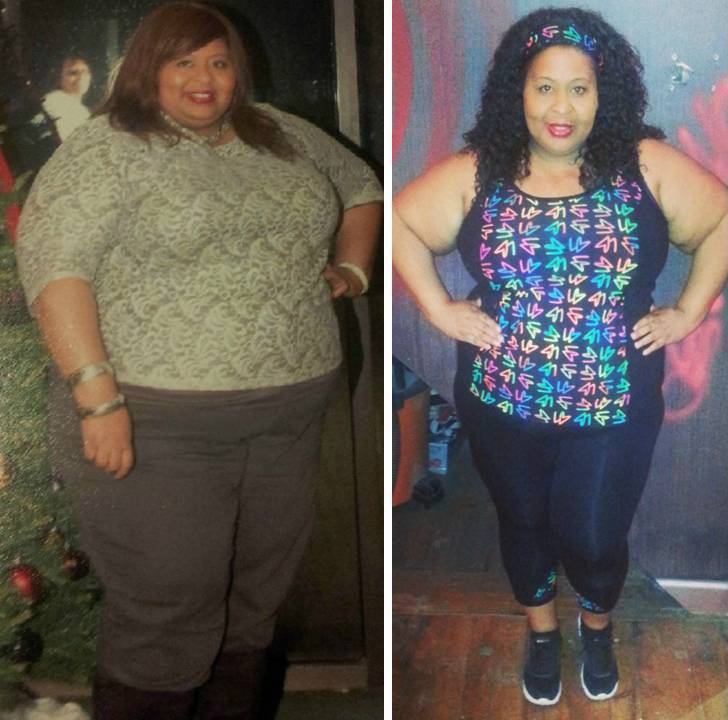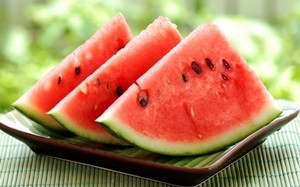Lose Weight > Common Sense To Lose Weight > Common Sense Article > Tips For Finding Your Weight Loss Support
Tips For Finding Your Weight Loss Support
When attempting to lose weight, there are a number of things to remember;
1. Exercise is important: a lot of weight loss plans actually claim that you can lose weight by simply focusing on diet and the need for exercise can be eliminated. The problem with this kind of theory is that it's quite misleading. You may be able to lose weight by focusing entirely on your diet, but you won't be able to maintain that weight loss until you exercise. Experts recommend that 30 minutes of moderate exercise for five days a week is necessary for long-term health and well being. If you pair your weight loss diet plan with an exercise regime, you see faster results and better energy levels. If you achieve your ideal weight through a low calories diet, you still need to exercise because once the ideal weight is achieved, you have to return to normal caloric intake. A failure to do this will lead your body to malnutrition. Exercise allows your body to eat the extra calories and generate energy from them, which is then consumed through the exercise. Try running or swimming 3-5 days a week. If you increase the intensity of your exercise from moderate to vigorous, you can reduce the number of days in a week that you workout.
2. Balanced Diet: a balanced diet, containing appropriate proportions of the essential nutrients; proteins, carbohydrates, fats, vitamins and mineral, is crucial for both health and achieving weight loss. No matter what kind of diet you may have followed while trying to lose weight, you would have ensured a proper nutritional level in it, if the diet was a healthy one. But once you lose the weight, you have to revert to a healthy diet that is normal for your age and gender. This is where you making the final decision which will determine the health and sustainability of your weight loss. A healthy balanced diet should contain 35% protein, 30% carbohydrates, 30% fats and 5% vitamins and minerals. Your snacks should mostly be made up of fresh fruits and vegetables. Rake protein from the purest sources, the white meats such as chicken and fish. Also eliminate refined sugars from your diet, focus instead on whole grains, brown sugar, whole wheat, etc.
3. Keep a journal: a great way to help yourself lose weight is to keep a journal and track your progress. A journal helps you look at what achievements you've made as well as any pitfalls along the way that you may have encountered.
4. Behavioral changes: in addition to eating the right food and performing the right exercises, you also need to modify harmful behaviors such as emotional eating. Eating to relive stress can cause you go off your diet plan or to destroy the results you achieved. Try identifying stressful situations that make you eat more than you need to and find alternative ways to deal with them. If you find the behavior patterns too strong, seeing a psychiatrist may be a better option for seeing a healthy behavior change.
Related Articles
-
Weight Loss Diets Tips That Help You Lose Weight
In fact, national health surveys show Am
-
Hardcore Fitness & Fat Burning With Jillian Michaels
Jillian Michaels had been on the forefront of the fitness world for ov
-
Expected Rates Of Weight Loss After Lap Band Surgery: Grant satisfactory results
Lap Band Surgery is not any trick or special way, via which one c
-
Hollywood Weight Loss Secrets Movie Star Personal Trainer Tells All
In the early nineties I had the opportunity to work with some of the m
-
Mary J. Blige: The 4-1-1 On Being Fit
Six-time Grammy Award winner and certified “Queen
-
Information On Acai Berry - What You Ought To Know
Information on Acai Berry is scarce even if this fruit was introduced
- DON'T MISS
- Capsiplex the Latest Weight Loss Sensation, But Does It Work?
- LowCarb Diets The Pros And Cons
- Why Can’t I Lose Weight?
- Is Your Belly Too Fat? Find Out How Big is Too Big
- How to Slim Down Your Kitchen
- 7 amazing weight loss transformations!
- Use These Vital Strategies To Maximize Your Fitness
- Connection Between Water And Weight Loss
- How Power Walking Three Times a Week Can Help You Lose Weight
- Herbal Weight Loss With Nature’s Extracts




